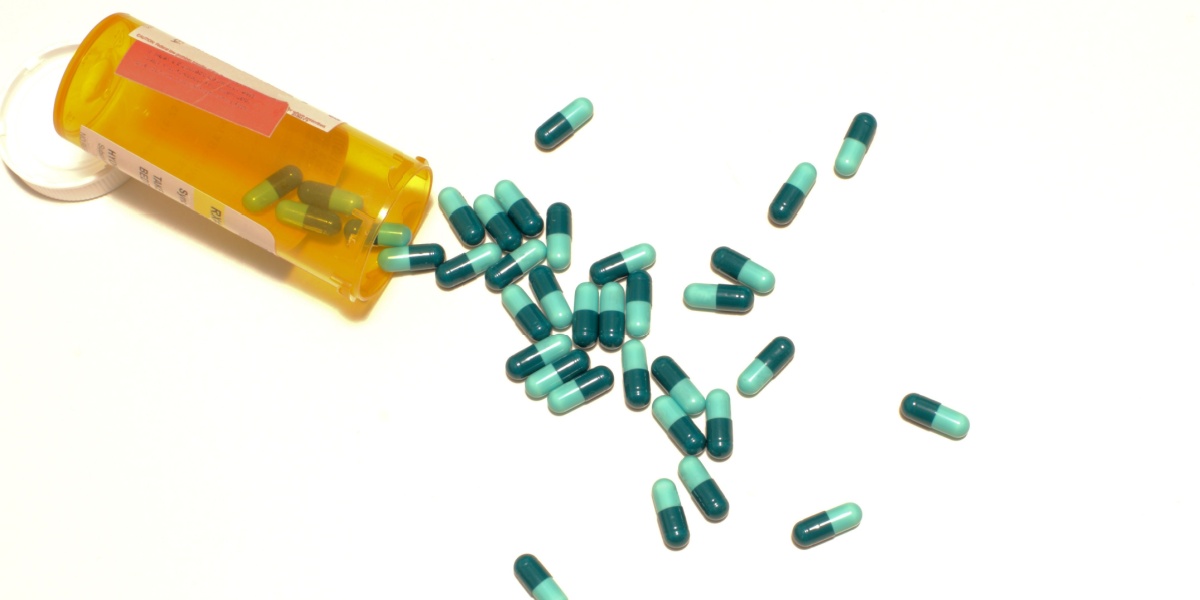Hydroxyzine is an antihistamine with various mental and physical health uses. Although not commonly included in drug screenings, people may be tested for hydroxyzine use in some circumstances via urine or blood tests. Understanding the duration of effects and detection windows of hydroxyzine can be useful for those taking it to prevent adverse effects and interactions.
- Hydroxyzine takes effect within 15–30 minutes and lasts 4–6 hours, but its half-life can extend its presence in the body for up to five days.
- The half-life varies by age and health condition, shorter in children and longer in the elderly or those with liver/kidney issues.
- Hydroxyzine can cause false positives for tricyclic antidepressants in drug tests and may be detectable for several days in blood or urine.

Duration of effects: How long does hydroxyzine last?
Hydroxyzine is an antihistamine medication available on prescription that is used to treat anxiety, itching related to allergic reactions, and nausea.
The effects of hydroxyzine last longer in adults than in children, as the half-life in children is much shorter. Studies indicate that, for children, the effects of hydroxyzine in managing itching and allergic reactions last for up to 11-14 hours and have an average duration of 7-8 hours. [5] The average duration of effectiveness of hydroxyzine is about 20 hours in adults and 29 hours in elderly patients. Hydroxyzine may last up to several days in adults. [6]
The sedative effects of hydroxyzine may begin within 15-30 minutes and usually last for 4-6 hours. As such, for the treatment of anxiety and tension, hydroxyzine works quickly and may require repeated doses during the day to maintain its effects. When helping with sleep, hydroxyzine can be taken about 30 minutes before going to bed and will typically improve falling and staying asleep. [4][7]
Onset and peak effects: How fast does hydroxyzine work?
Typically, hydroxyzine is taken orally, although it can also be administered as an intramuscular (IM) injection. [1][2] The effects emerge within 15 to 30 minutes, peak after 2 hours, and last for between 4 and 6 hours. [3]
When should you take hydroxyzine?
Hydroxyzine is usually prescribed to be taken three or four times per day, and it should be taken at evenly spaced intervals throughout the day, usually every 4 to 6 hours. However, if it is used to help with sleep, it should be taken in a single dose before going to bed. [1][4]
Hydroxyzine should be taken every day as prescribed. It can be taken as a long-term treatment if needed. The long-term use of hydroxyzine for anxiety is not recommended; its effectiveness should be regularly assessed if this is deemed necessary for treatment. [1]
Half-life and clearance: How long does hydroxyzine stay in your system?
Hydroxyzine is metabolized in the liver and mostly excreted as cetirizine in urine. [6] Half-life refers to how long it takes for half of the substance to be eliminated by the body, and most medications take 5 half-lives for complete elimination. The half-life of hydroxyzine is 14-25 hours in adults. As such, it can take around five days for hydroxyzine to be completely eliminated from the body. [3][8]
Variations by population and other factors affecting duration
In children, the half-life of hydroxyzine may be around 7 hours, although this increases with age. For example, for a one-year-old, the half-life is around 4 hours, as compared to 11 hours for a 14-year-old. In the elderly, the half-life can be prolonged to 29 hours. It is similarly prolonged in those with kidney or liver impairments. [3][6]
Other factors can affect the duration of medication effects and elimination times:
- Other health conditions can impact metabolism and elimination times.
- Other medications or substances being used can add to the effects of hydroxyzine and slow elimination times.
- Body weight is a considerable factor, as people with a higher body weight are likely to have a slower elimination time.
- Amount and frequency of use of the medication, as higher or more frequent doses prolong the duration of the effect.
Drug testing and false positives
Standard drug screening typically does not test for antihistamines, such as hydroxyzine. To check for hydroxyzine use, a specific test will be required. Most commonly, urine or blood tests can be used to check for hydroxyzine use.
- Urine testing: Hydroxyzine can be detected in urine for 1-3 days.
- Blood testing: Hydroxyzine can be detected in blood for up to 5 days.
- Saliva testing: In some cases, saliva tests could be used, although this will only detect hydroxyzine for around 8 hours after use. [3][9]
False positives
Hydroxyzine can cause false positives in some other drug tests. This means that the use of hydroxyzine can indicate a positive result for a different substance, even when that substance has not been used. For example, tricyclic antidepressants (TCAs) are not commonly a drug of abuse, although they can be included in drug screenings. Hydroxyzine has been found to cause false-positive TCA results. [10]
People who are tested for drugs, such as in pre-employment checks or criminal proceedings, should inform the testing facility about any prescription medications, such as hydroxyzine. Further tests can be requested to confirm initial results should a false-positive result occur.

-person-thumbnail.jpg?v=1758880627)
-guide-detail.jpg?v=1722501965)
-guide-detail.jpg?v=1741609790)
-guide-detail.jpg?v=1722503273)